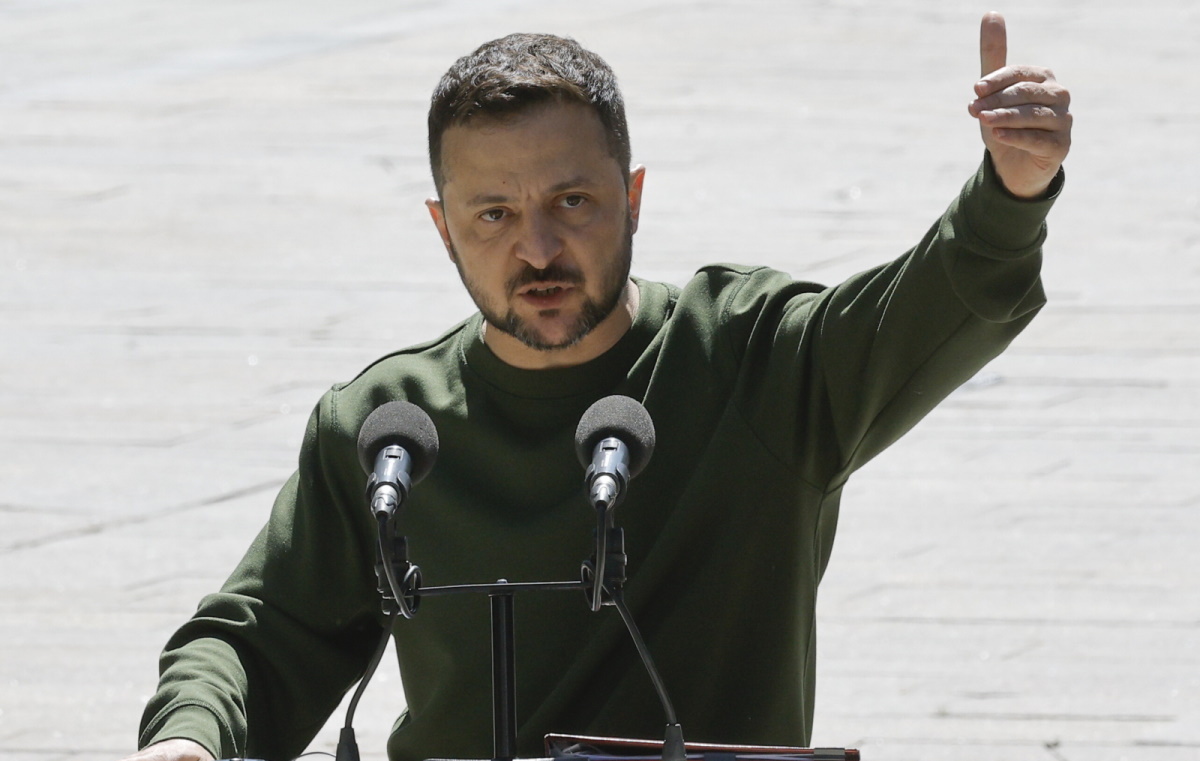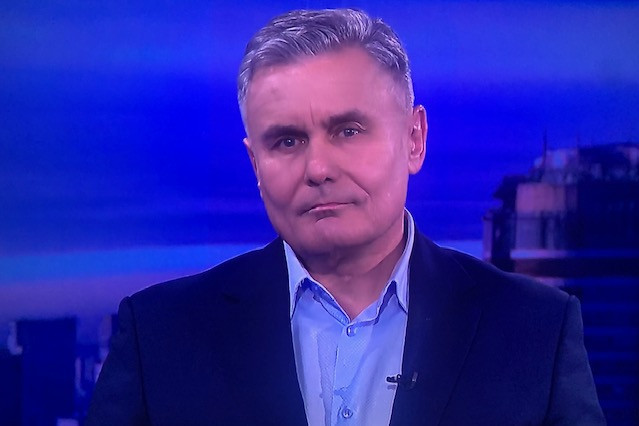In 1990, the Federal Republic did everything not to raise questions about the extraordinary demands of Poland, Greece and many other German-occupied countries – historian and journalist Felix Ackermann told the newspaper “Maerkische Oderzeitung” in an interview devoted to reparations from Germany for World War II, which he sued Poland.
“The reason why Poland was able to make this claim was invented by Germany at all. There was no peace conference after the Potsdam Conference in 1945. During the + two plus four + negotiations in 1990, the issue of reparations was deliberately left out,” he said. said the historian’s attention.
“The key element of the German legal argument is that, instead of a peace conference, there are + two plus four + negotiations with the Allies. The problem is that the important parties are not sitting at the table. Poland is among them.” In 1990, “there was little chance for Mikhail Gorbachev to reach an agreement on the reunification of Germany. Therefore, the Federal Republic at that time did everything not to raise questions about the extraordinary demands of Poland, Greece and many others. German-occupied countries were all interested in resolving in 1990 the border issue under international law, which was left open by Germany until then.
Ackermann points out that “an important element of German foreign policy is the prevention of peace conferences. In this sense, German policy has always been nationalist, because it succeeded in maximizing its own benefits and minimizing costs.”
The German side often refers to the 1953 agreement with the Polish People’s Republic to make it clear that Poland is giving up reparations. Against the GDR, however, not against Germany, the paper pointed out. “As a historian, I believe that this type of argument should be viewed critically,” replied Ackermann. On the one hand, the Polish side rightly questions whether this decision was made of its own free will, since Poland was a satellite state of the Soviet Union and was forced as a result of World War II. On the other hand, it is a very selective approach to the legal status of the GDR. After all, other commitments made by the GDR don’t have that status today.”
“Germany started payments for victims of the Holocaust and for former prisoners of concentration camps – among them there were more than three million Polish citizens. Polish forced laborers also received symbolic amounts” – reminds historians. But, for example, of the descendants of those who died in the many mass shootings and tremendous material damage, for example in Warsaw, “this has never been considered an open account, even symbolically. Had German decision makers actually realized at some point the full extent of Where are German crimes in Poland, they will reflect the form in which we recognize them as a state and a society. With respect to Israel, an important agreement grew out of this responsibility, and in relation to Poland – no.”
The quality of cooperation between Poland and Germany so far “is based on the fact that the Polish side is willing to give up the maximum demands and follow the German argument. (…) Today Kaczyński is trying to act from that position. the fact that our partners from Eastern Europe are playing by the rules, so now the future of the EU and its rules of the game is at stake,” said Felix Ackermann.
In his opinion, “what Poland is doing now is also an indirect response to the dispute over the rule of law and the struggle for a new balance of power in the EU. And I also believe that PiS wants to prevent further EU integration with reparations demands, such as the recent one.” this was proposed by Olaf Scholz.”
From Berlin Berenika Lemańczyk (PAP)
bml / tebe /

“Reader. Future teen idol. Falls down a lot. Amateur communicator. Incurable student.”







